In addition to the catalytic effect we knew A360’s Smart Start was having when HEWs used it to engage young married couples, we also found gaps in how we were best equipping HEWs to effectively navigate a complex portfolio of services. So we responded by adapting the program.
Shifting behaviors requires new ways of broaching conversations around sexual health. It means harnessing individual voices of young people so that they can make the health decisions that shape their futures. Through A360, more than 280 young people like Ayana are designing this reality.
As A360’s Matasa Matan Arewa proves: there is real power in using an insight-driven program designed by local organizations, rooted deeply in the context of their markets and consumers.
Across A360’s three countries, girls tell us that motherhood is one of their greatest attainable joys in life. As a result, our programs reframe contraception as a tool to support girls’ self-defined life dreams, including pregnancy when she's ready.
A360’s Matasa Matan Arewa is molding a new normal: bringing SRH services and information closer to Northern Nigeria’s most vulnerable adolescent girls and their husbands.
Done right, HCD elevates youth as co-creators of innovative and resonant solutions to their health problems. If not, we enter the murky territory of possibly exposing youth to unnecessary risks. We must commit to integrating ethics into every facet of HCD to protect the dignity and welfare of the young people we work with and for.
Through a transdisciplinary approach, A360 is blazing a path and bringing others along on our journey to steward transformative and girl-centered health breakthroughs.
From Tanzania to Nigeria and Ethiopia, we’re designing differently and relearning what we thought we knew. We’re respecting the intrinsic skills that young people already have and we’re elevating those into our work.
A360’s activities bring together effective demand generation and compassionate service supply into a highly streamlined interaction. The result? Competitive cost and a compelling case for investment.
From global to local, the FP2020 community is increasingly focused on meeting the contraceptive needs of adolescents and youth. But are we making progress? Thankfully, the answer is yes.
HCD introduces an innovative approach for how global health partners can actively listen to adolescents to drive hyper-tailored sexual and reproductive health solutions. As Margot Fahnestock says, “It’s a design prescription for a revolution.”
As the World Health Organization’s Dr. Venkatraman Chandra-Mouli shares, training alone cannot prepare health workers to deal with questions they often face in providing sexual and reproductive health services to adolescents.
Two in five adolescent girls aged 15-19 across developing countries will experience an unintended pregnancy. More than half of these will end in abortion. Solving this pervading gap requires that the public health community and others recalibrate how it operates, says Nomi Fuchs-Montgomery, the Deputy Director for Evidence and Innovation at the Bill & Melinda Gates Foundation.
Adaptive implementation allows A360 to continually re-assess the types of data and the team members we’ll need to engage as we get deeper into optimization.
Going back to Cote d’Ivoire to join an A360-inspired HCD sprint was a no-brainer for Manya Dotson, A360’s Project Director.
Social Behavior Change is key to achieving health impact changing behaviors by addressing opportunities, ability and motivations across the enabling public health environment through traditional and innovative channels.
Devex sat down with Khanga Rue Media's co-founder to explore how ad agencies are upping the ante for NGOs in Africa... and beyond
By fusing the principles of PYD with the HCD process, we are cracking the code in how to work with and for adolescents to solve their unique reproductive health needs together.
Manya Dotson, A360’s project director, explores how HCD is sparking an AYSRH revolution—in Nigeria, Tanzania and Ethiopia, and beyond.
A360's HCD approach to designing youth-resonant reproductive health models offers a framework for HIV prevention programs to learn from.
A360's annual retreat delivered the team a visual framework to digest the process of change.
HCD Exchange reinforced the value Human Centered Design has brought to the AYSRH community.
Science is shedding light into how—and where—we can invest in the future of adolescent health.
Courtney Helfrecht, Anthropologist for Adolescents 360, shares how A360 included an anthropological lens to its interdisciplinary approach.
Ahna Suleiman, Coordinating Director for the Center on Adolescent Development, takes a look at how the A360 team integrates the developmental science of adolescence.
Adolescent girls everywhere have a lot going on in their lives. The possibility of getting pregnant is just one of them, but it’s one that could change their lives dramatically. And yet there are many girls who aren’t using contraceptives. A360 seeks to revolutionize the way that adolescent girls access contraceptives.
In Part 2 of "Things that make you go 'hmmm...'", Manya Dotson (A360 Director) shares how A360's formative research was different from traditional public health research, in line with human-centered design methodology, and a quest for insights and inspiration.




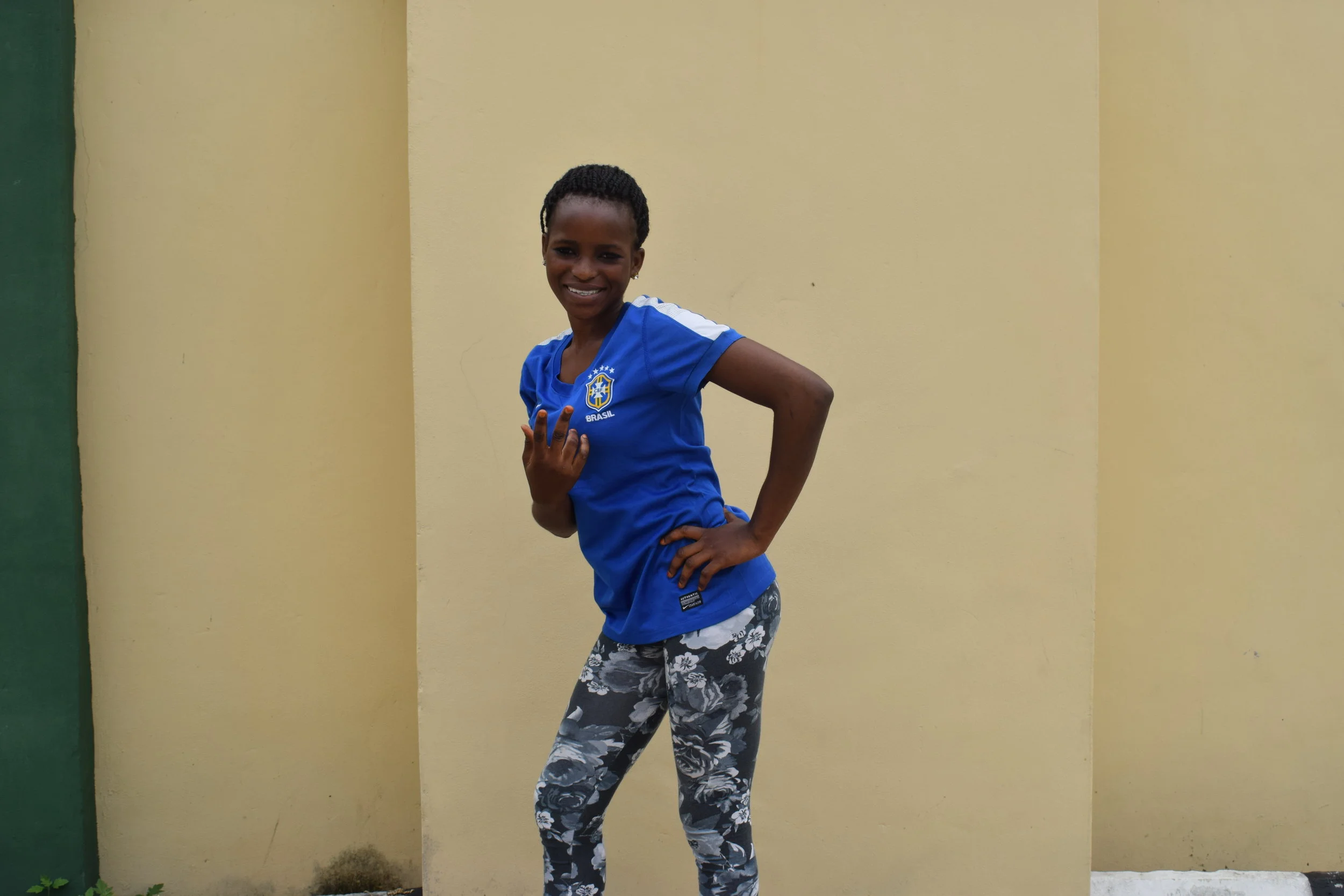


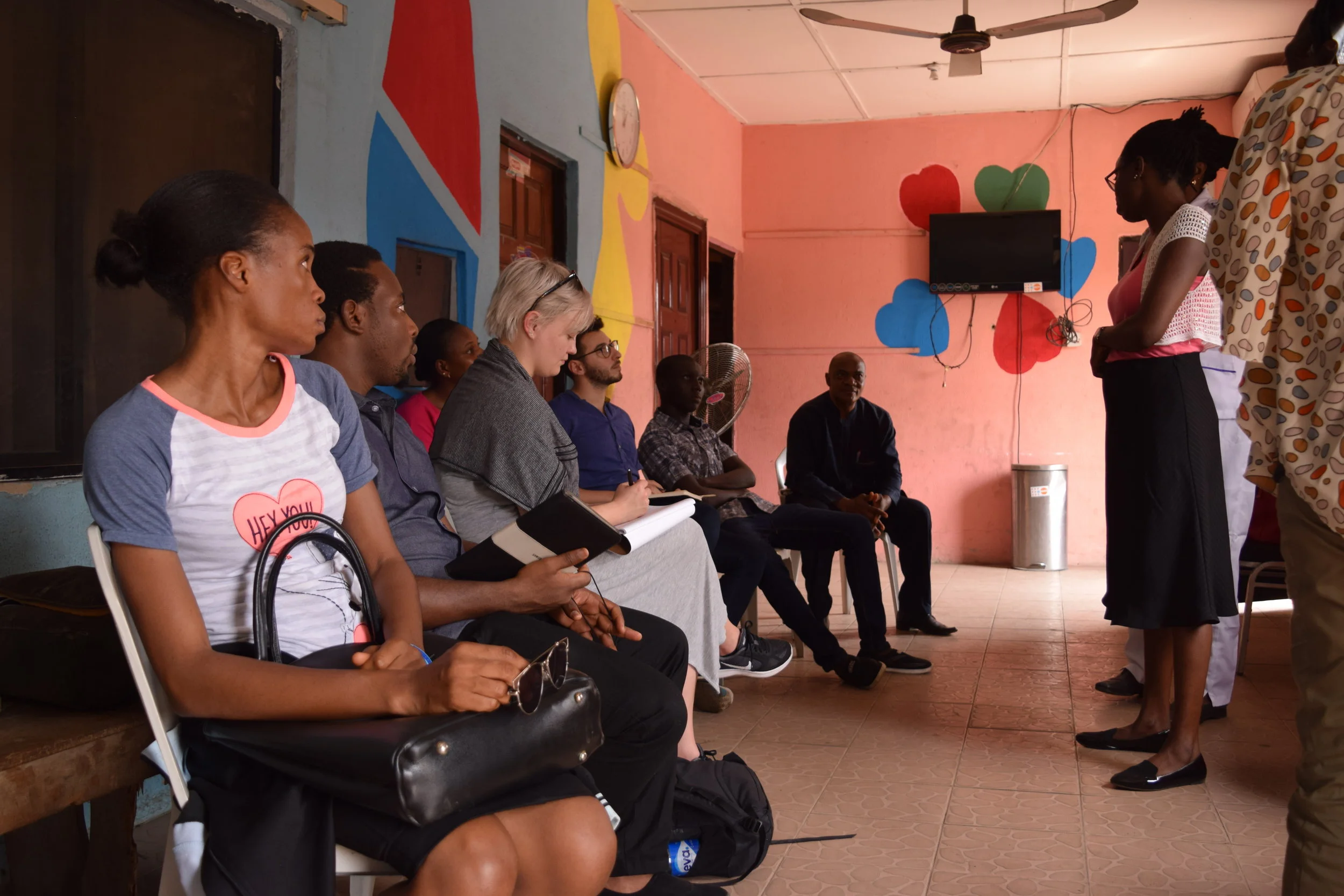



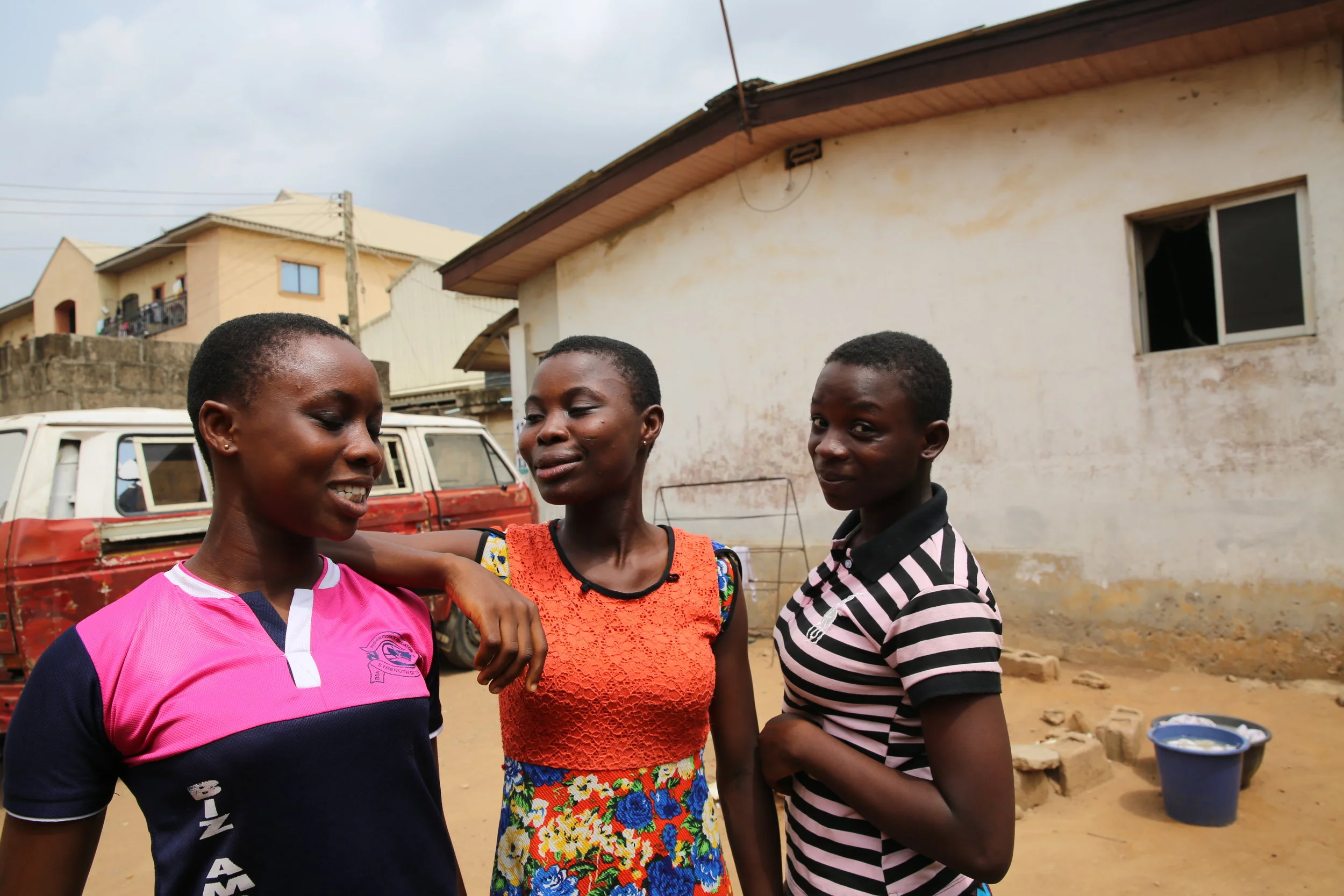










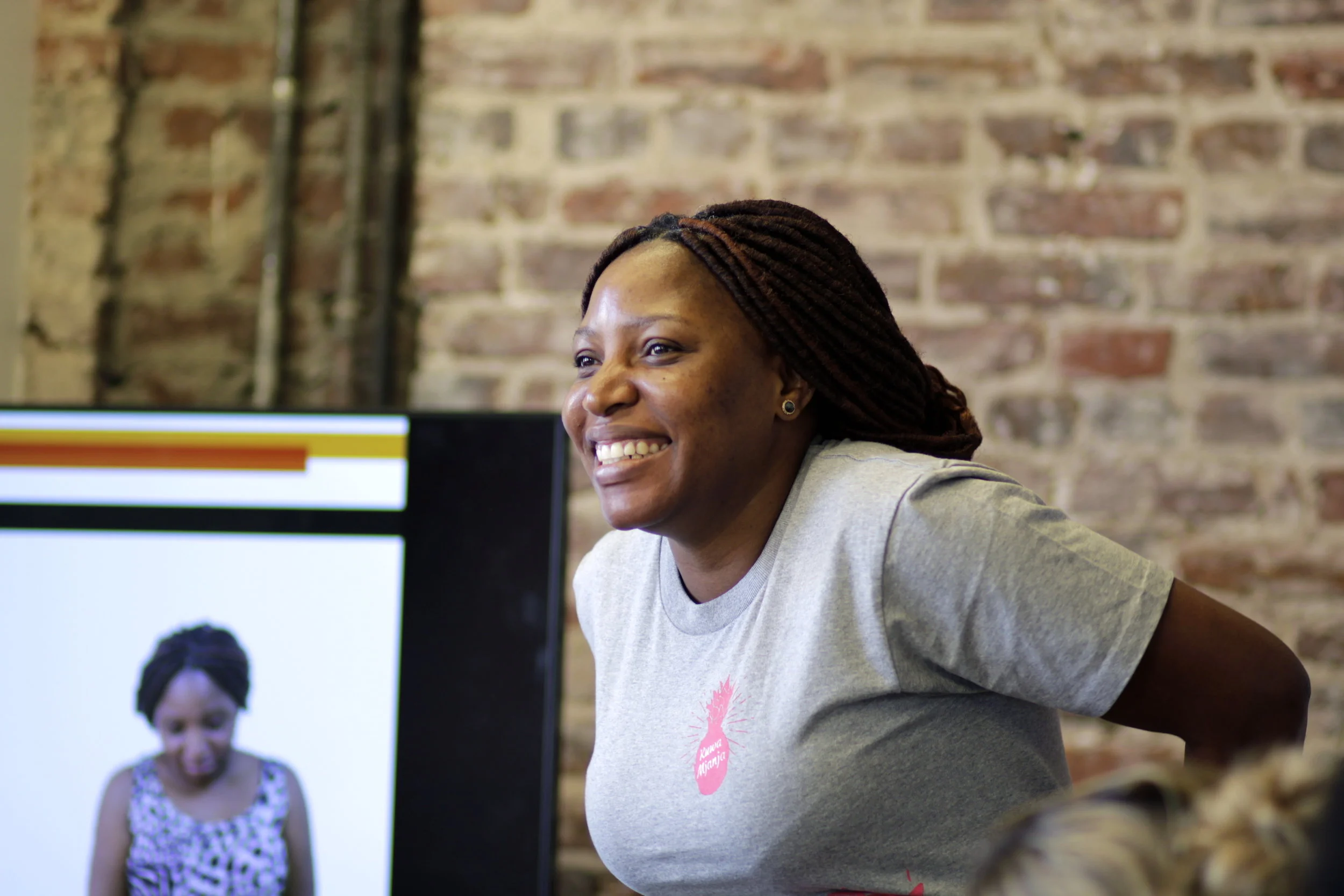










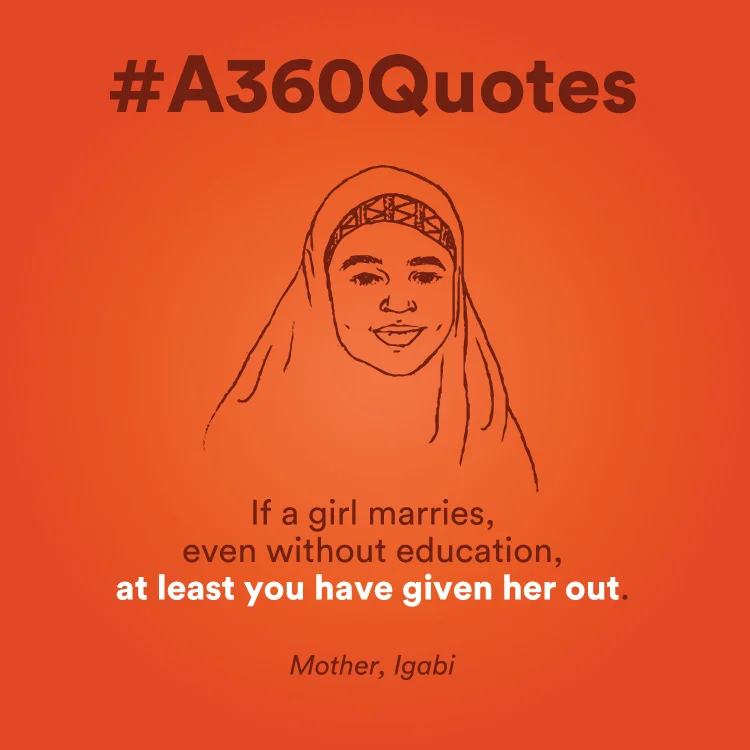






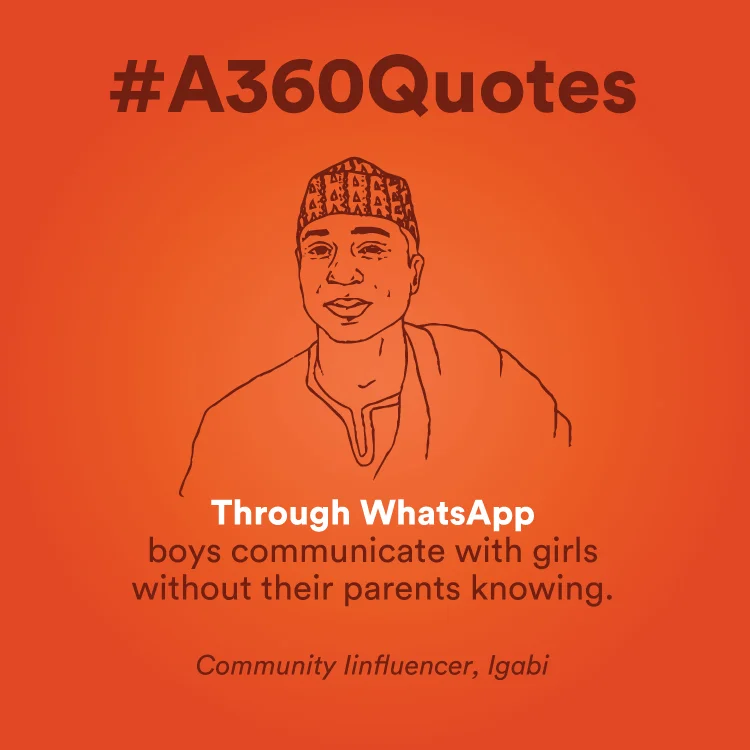
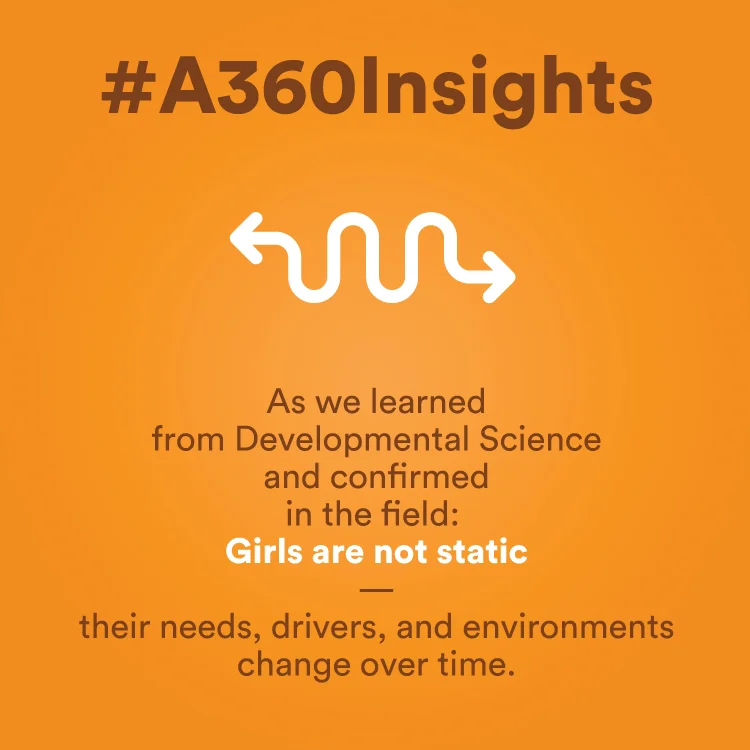




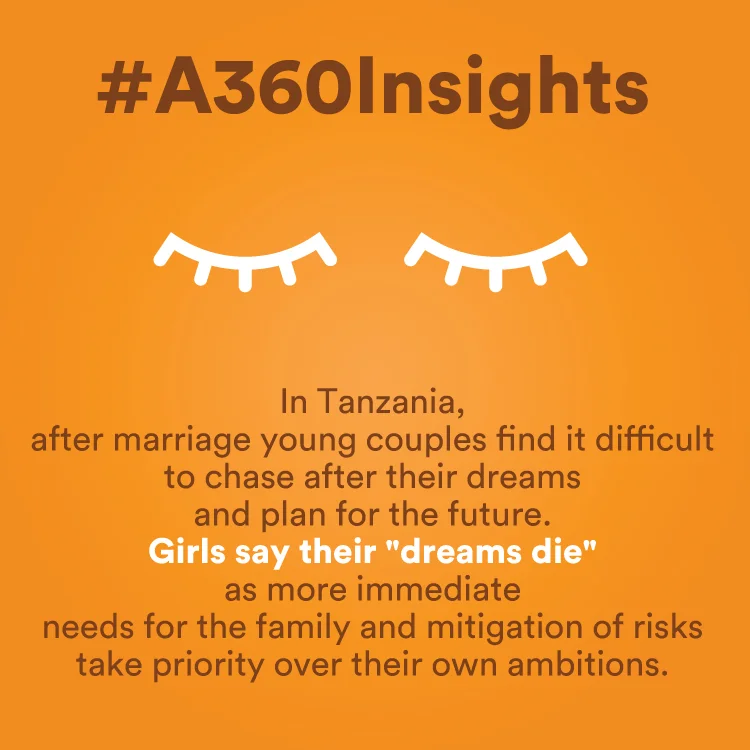




This ICFP, A360 will be leaning into the questions as we spotlight the successes and explore the gaps in our journey to crack the code for AYSRH breakthrough. Join us during A360’s 19 ICFP posters, presentations and events.